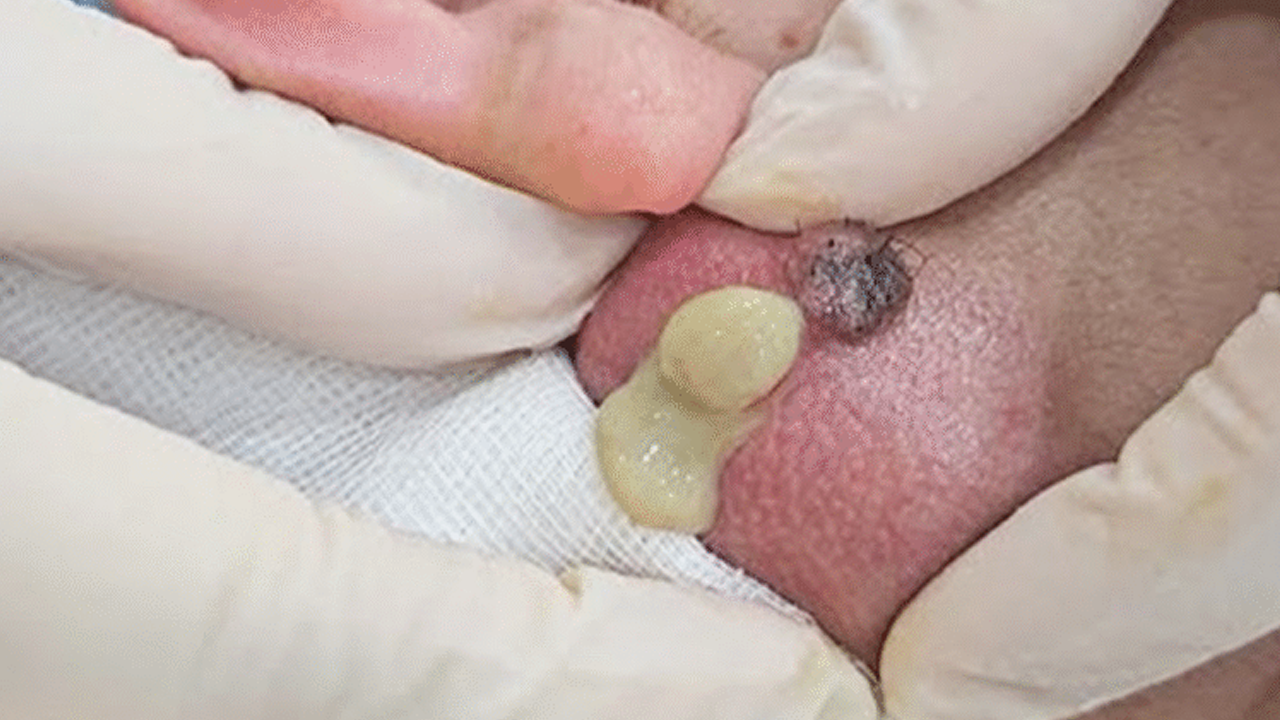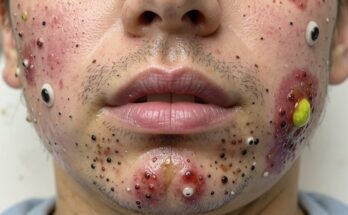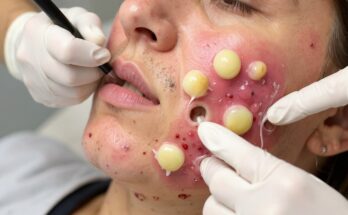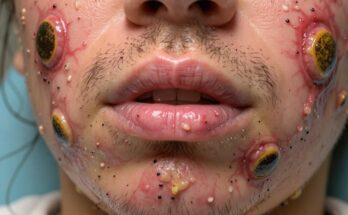Understanding Blackheads: A Deep Dive into Causes and Solutions
Blackheads, scientifically known as open comedones, are a common skin concern affecting many. But what exactly causes these pesky blemishes? The culprit is a simple yet frustrating combination: dead skin cells, excess sebum (oil), and bacteria all trapped within a hair follicle. This blockage prevents the natural expulsion of cellular debris and oil, leading to the characteristic dark appearance of a blackhead. These unsightly bumps frequently appear on the face (nose, chin, forehead), chest, and other areas of the body.
Preventing Blackhead Formation: A Proactive Approach
Establishing a Solid Skincare Routine
Prevention is key when it comes to blackheads. A regular and gentle cleansing routine is paramount. Using a mild cleanser removes dirt and excess oil, reducing the likelihood of pore clogging. Complement this with exfoliation two to three times a week. Exfoliation helps to remove dead skin cells, preventing them from accumulating and contributing to blockages. This simple addition to your routine significantly improves your chances of preventing blackheads.
Treating Existing Blackheads: Safe and Effective Methods
The Do’s and Don’ts of Blackhead Extraction
While tempting, squeezing or popping blackheads at home can often do more harm than good. If you choose this route, follow the advice of dermatological professionals for the safest extraction methods. Always use clean hands or a sterile cotton swab, gently pressing from the sides of the blackhead to encourage the blockage to emerge without damaging the surrounding skin. Improper extraction can lead to inflammation, scarring, and potentially worsen the condition.
Professional Acne Treatment Options
For more comprehensive acne care, a consultation with a dermatologist or skincare expert is highly recommended. They can assess your specific skin type and concerns, recommending tailored treatments. This might include in-studio treatments, customized product regimens, or a combination approach to effectively clear your skin and prevent future breakouts.
Advanced Acne Treatments: When Professional Intervention is Necessary
Topical and Oral Medications
If topical treatments fail to produce satisfactory results, or if your acne is severe or widespread, oral medications may be necessary. These often include antibiotics to combat bacteria and prescription topical creams or gels. In more extreme cases, stronger medications like isotretinoin might be considered. A dermatologist will determine the most suitable approach based on your individual needs.
Laser Therapy and Other Advanced Solutions
For stubborn acne resistant to other treatments, laser therapy can be a highly effective option. It provides a targeted approach to reduce inflammation and improve skin texture. Other advanced treatments might include birth control pills (for hormonal acne), hormonal drainage and extraction, and phototherapy. These are best discussed with a medical professional to determine their suitability for your specific situation.
Addressing Hormonal Acne and Stress
Hormonal imbalances can significantly contribute to acne. A holistic approach that addresses hormonal health from the inside out can often yield long-term improvements. Similarly, stress reduction techniques are crucial, as stress can exacerbate acne flare-ups. Finding healthy ways to manage stress, alongside appropriate dermatological care, provides a comprehensive strategy for clear skin.
Remember, while immediate results might be tempting, a sustainable approach that prioritizes both professional guidance and consistent home care is essential for achieving long-term, healthy skin.



